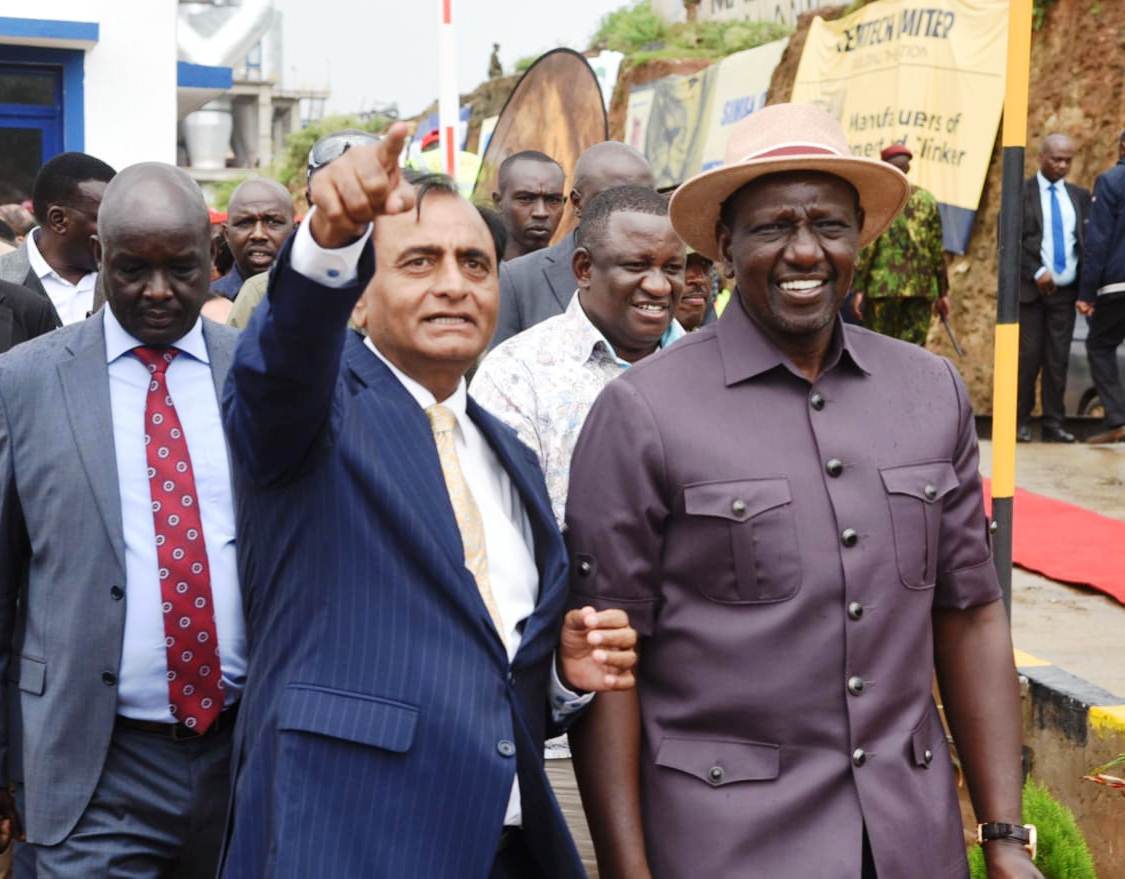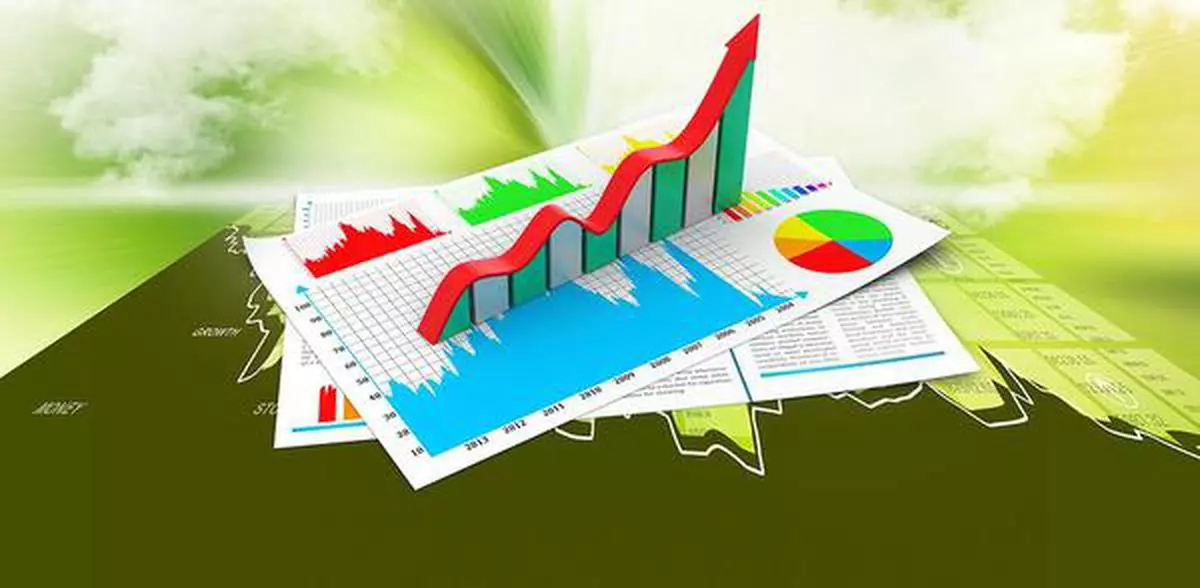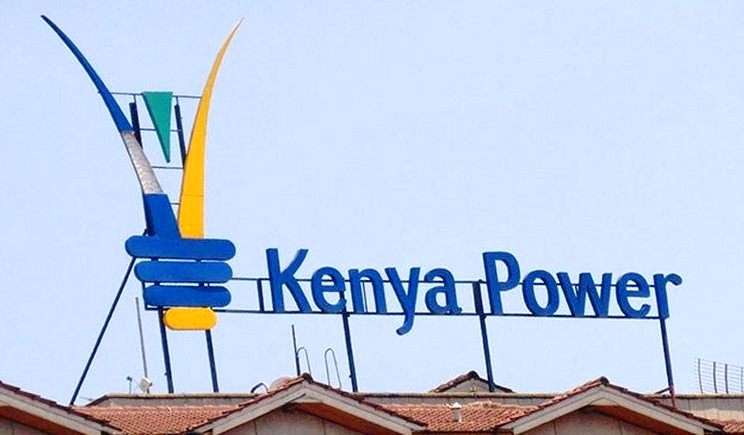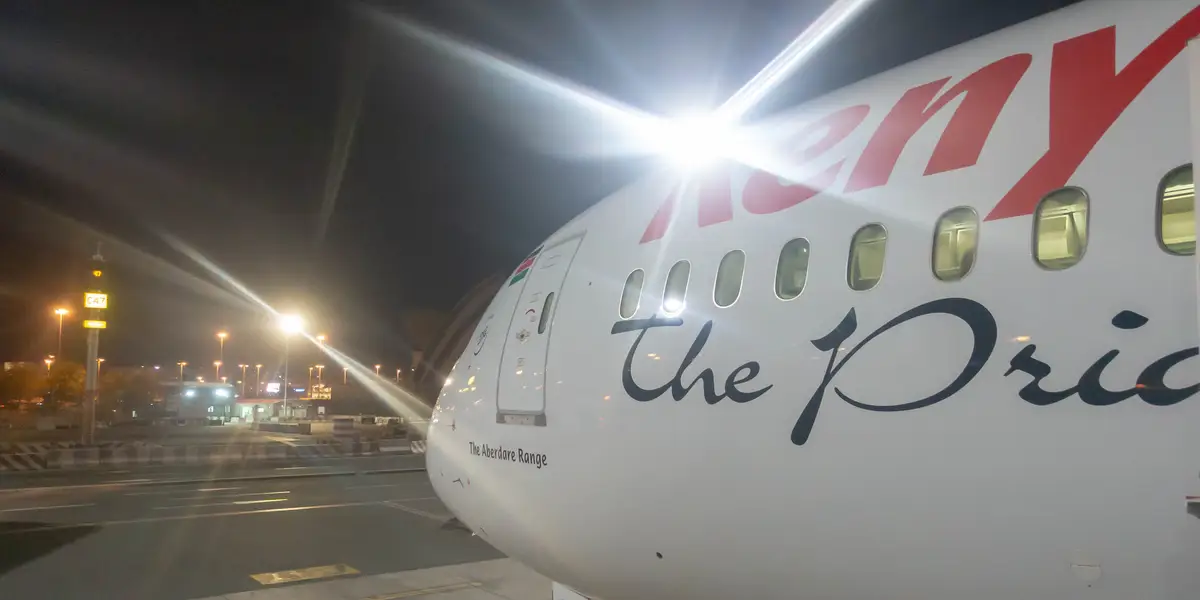The timing of the Tororo launch is unlikely to quiet critics. Only months ago, President Ruto was forced to deny rumours that he holds a personal stake in Devki companies, particularly after the group won major tenders for steel supply in government projects in West Pokot and Taita Taveta. The President has repeatedly dismissed such allegations as “malicious gossip”, yet his effusive praise for Dr Raval at every public outing – including Sunday’s event – does little to dispel the perception of undue favour
By The Weekly Vision Reporter
President William Ruto’s conspicuously close relationship with Indian-born billionaire Narendra Raval is once again in the spotlight after the Devki Group broke ground on a multi-billion-shilling steel plant in Osukuru, Tororo District, Uganda. The ceremony, graced by both President Ruto and his host President Yoweri Museveni, was heavy on pan-African rhetoric yet light on answers to lingering questions back home about cronyism and conflict of interest.
President Museveni used the occasion to lament that the GDP of the United States is three times larger than that of the entire African continent combined, despite Africa’s abundant raw materials. “It is sad that a single country can have a GDP three times that of all African nations yet we export raw materials that are turned into finished goods elsewhere,” he said, insisting that value addition is the only path to economic liberation.

~ Narendra Raval, Chairman, Devki Group
For his part, Devki Group chairman Narendra Raval promised that 90 per cent of the 15,000 direct jobs the project will create would go to local Ugandans, with the workforce eventually rising to 20,000 across East Africa by 2027. Whether similar undertakings were made – or honoured – in Kenya, where Devki has been awarded lucrative contracts under the Affordable Housing Programme, remains a point of contention.
The timing of the Tororo launch is unlikely to quiet critics. Only months ago, President Ruto was forced to deny rumours that he holds a personal stake in Devki companies, particularly after the group won major tenders for steel supply in government projects in West Pokot and Taita Taveta. The President has repeatedly dismissed such allegations as “malicious gossip”, yet his effusive praise for Dr Raval at every public outing – including Sunday’s event – does little to dispel the perception of undue favour.
While the presidents celebrated regional integration, President Ruto announced that construction of the Standard Gauge Railway extension from Naivasha to Kampala (and eventually to Rwanda and the Democratic Republic of Congo) will commence in January 2026. He also revealed plans for a jointly owned Kenya–Uganda petroleum pipeline and invited East African citizens and companies to buy shares as the Government of Kenya offloads 65 per cent of the Kenya Pipeline Company through the Nairobi Securities Exchange.
These grand infrastructure pledges are undoubtedly welcome. Yet they arrive against a backdrop of domestic disquiet over transparency in the award of contracts linked to the very industrialist now being feted across the border. Sunday’s ceremony was rich in symbolism: two long-serving leaders hailing a private tycoon as the champion of African industrialisation. For many Kenyans, however, the image that lingers is not one of continental pride but of a familiar pattern, a powerful businessman enjoying unrivalled access to State House while questions about fairness, due process, and possible hidden interests continue to swirl.
As steel furnaces rise in Tororo, scrutiny of the relationship between President Ruto and the Devki Group is unlikely to melt away any time soon.





